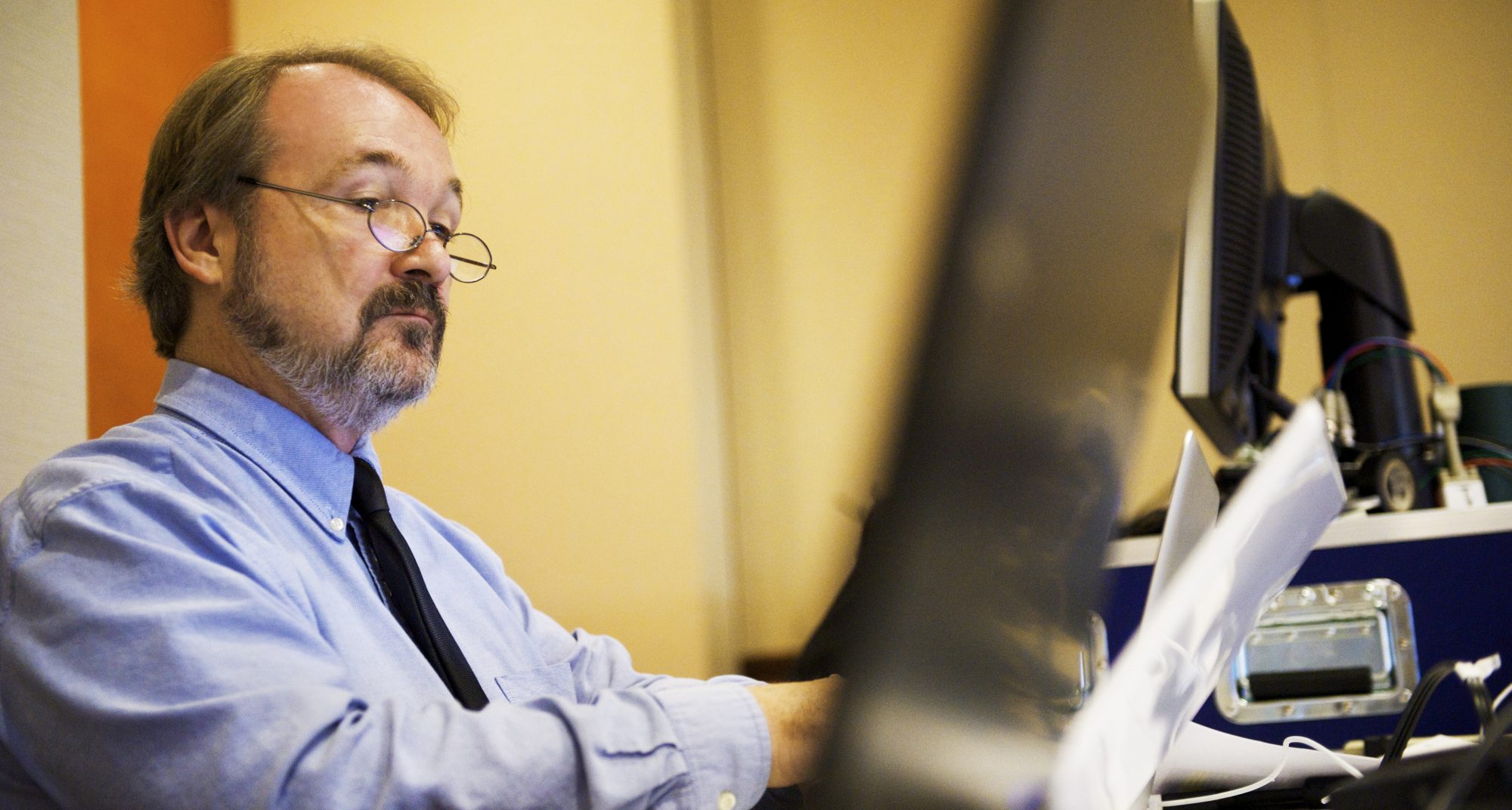
(Image by Elijah Sargent, via Unsplash)
So yesterday, we talked a little about the phenomenon of languishing, and also about whether fiction can ever be anything other than essays in drag, moral lessons camouflaged by fake names and invented circumstances.
Let’s come at that a little sideways today, by talking about the idea of alienation. Alienation is the phenomenon of feeling separated from that which ought to feel native or inherent. Marx wrote a lot about alienation as the natural fate of the industrial worker: separated from the entirety of the made thing, not being able to identify one’s own contribution to the complex whole, not actually owning the materials or the processes or the machines or the final objects but simply being adjacent to them as they went along their own independent paths. Marx’s predecessor Georg Hegel wrote about the idea of being “at home” (zu Hause) as increasingly being an unavailable state for us moderns. If we can live anywhere, then we have no true home. If we can do infinite kinds of work, then we have no true livelihood. If we can make ourselves better (or worse) people, then even the notion of “human nature” is invalidated, becomes a proposition of alternatives rather than a known and singular state.
It’s no surprise that, in the face of this uncomfortable fluidity, people sometimes become desperate to limit their alternatives and name one as true. Whenever we claim an identity, we’re in part staking boundaries around what is permissible and what is not. Boundaries around what is even thinkable, and what is not. To be “a Vermonter,” for instance, is not the same thing as someone who exists in Vermont. It is a claim of some immeasurable but firmly-fixed truth. We often look to God or heritage or legacy or party or genetics or something to name us as firmly X rather than any other letter, and then take reassurance in our X-ness.
That surety is a comfort unavailable to good writers. The anthropologist Clifford Geertz once wrote that every good anthropologist he’d ever known had felt himself or herself to be a misfit when they were growing up. And I think that must be true. It’s that sense of misfit that allows us to look directly at the unspoken rules that we never quite figured out. If someone imagines that everyone lives (or ought to) like they do and thinks (or ought to) the way they think, then that person has no idea that the ways they live and think could ever be studied and questioned and expanded. They just are. And in that unexamined comfort, people can be zu Hause.
The fiction writer can never be at home. Fiction is dedicated to the proposition that everything could have been otherwise. A bad “plot twist” is an occurrence that’s inserted to jump-start a failing story. But a real plot development is just the recognition that today might be the day that the ladder falls, or the day that we realize our job can’t be salvaged, or the day that girl finally admits how she feels about us. Any day can be that day, and honest fiction requires that our characters become at least fractionally different in the face of that new world.
The fiction writer must always carry ambiguities in evaluation. A good job has aches within it, just as a bad job has its satisfactions. A good marriage, a good place, a good person are all sometimes bad for exactly the same reasons they’re good. There are days when we are gratified and days when we are stultified, even though the external phenomena that “cause” us to feel certain ways may not have changed.
It would be nice to believe that we understood the world, to inhabit the lower ranges of the Dunning-Kruger spectrum in which we’ve asked so few questions that we don’t imagine questions are even possible any more, just assertions. It would be nice to imagine that either Santa or St. Peter has anyone firmly listed on the naughty or nice column. But the more we know… the more we pay attention and wonder how and why… the less stable we can ever be in naming any person as fully knowable, in naming any phenomenon as fully understood.
It’s curiosity that keeps us from entering into essayistic fiction, from making our characters into marionettes dancing at the ends of our strings. But it’s that same sense of never-at-home-ness that makes the writer’s life emotionally fraught. We are strange creatures, bred to live in the atmosphere of alienation, like deep-sea fish who endure enormous pressures and extraordinary cold. And because it’s so uncomfortable, we’d like to flee sometimes, head up to the beach and get some sun. But once we’re there, we look around, wonder why, and with a sigh, submerge once again.








